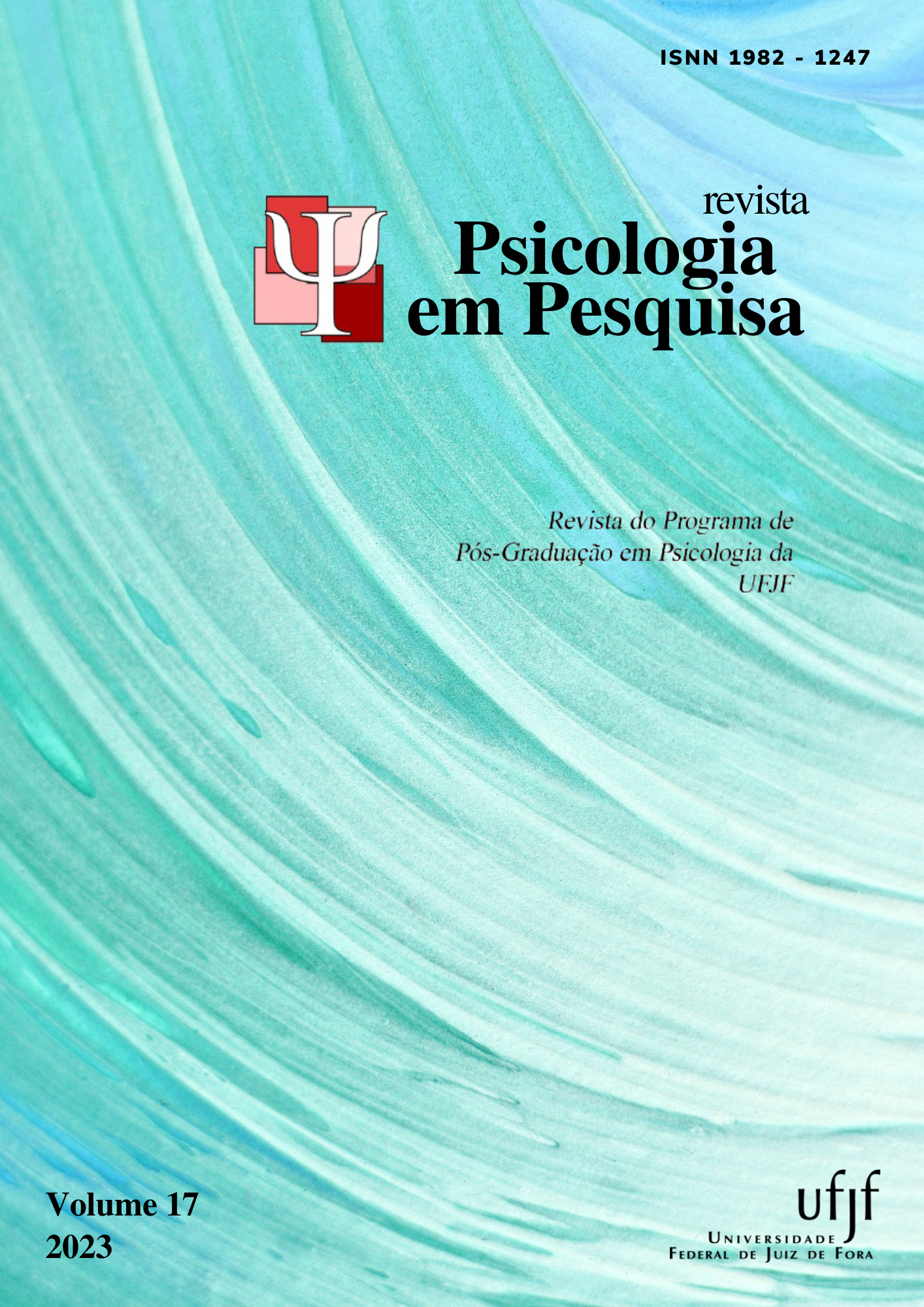A visão crítica de Charles Taylor à formação da subjetividade moderna
DOI:
https://doi.org/10.34019/1982-1247.2023.v17.37514Keywords:
Subjectivity, Modernity, Philosophical anthropology, Charles TaylorAbstract
Starting from the Enlightenment concept of “human nature”, Canadian philosopher Charles Taylor seeks to deconstruct the philosophical account of the anthropological conceptions that inaugurated modernity. In his view, the notion that sustains this scenario disregards different forms of identity production. In these theories, subjectivity is represented in a moral framework that normalizes moral conceptions of a useful-maximizing agent. Deconstructing this scenario is the starting point to recount the history of modern subjectivity, bringing together the knowledge of philosophy, history and psychology.
Downloads
References
Bohannan, L. (1966). Shakespeare in the bush. Natural History, ago./set. 1966. Recuperado em 21 dezembro, 2021 de https://www.naturalhistorymag.com/ picks-from-the-past/12476/shakespeare-in-the-bush
Ferguson. A. (1995). An essay on the history of civil society. Cambridge University Press. (Original publicado em 1767).
Hume, D. (1888). Treatise of human nature. Oxford University Press. (Original publicado em 1739).
Hume, D. (2007). An inquiry concerning human understanding. Oxford University Press. (Original publicado em 1748).
Japiassu, H. (1975). O mito da neutralidade científica. Imago.
Murdoch, I. (1971) The sovereignty of good. Routledge.
Polanyi, K. (2001). The great transformation: The political and economic origins of our time. Beacon Press. (Original publicado em 1944).
Smith, A. (1977). An inquiry into the nature and causes of the wealth of nations. University of Chicago Press. (Original publicado em 1776).
Smith, A. (2009). The theory of moral sentiments. Penguin Books. (Original publicado em 1759).
Taylor, C. (1964). The explanation of behavior. Routledge & Kegan Paul Ltd.
Taylor, C. (1980). Understanding in human sciences. The Review of Metaphysics, 34(1), 25-38.
Taylor, C. (1985a). Introduction. In C. Taylor. Philosophy and social science (pp. 1-12). Cambridge University Press.
Taylor, C. (1985b). Atomism. In C. Taylor. Philosophy and social science (pp. 187-210). Cambridge University Press.
Taylor, C. (1985c). Peaceful coexistence in psychology. In Human agency and language (pp. 117-138). Cambridge University Press.
Taylor, C. (1985d). How is mechanism conceivable. In Human agency and language (pp. 164-186). Cambridge University Press.
Taylor, C. (1985e). Cognitive psychology. In Human agency and language (pp. 187-212). Cambridge University Press.
Taylor, C. (1985f). Neutrality in political science. In Philosophy and social science (pp. 58-90). Cambridge University Press.
Taylor, C. (1985g). Interpretation and sciences of man. In Philosophy and social science (pp. 15-57). Cambridge University Press.
Taylor, C. (1989). Sources of the self. Harvard University Press.
Taylor, C. (1991). The ethics of authenticity. Harvard University Press.
Taylor, C. (1995). Overcoming epistemology. In Philosophical arguments (pp. 1-19). Harvard University Press.
Taylor, C. (2004). Modern social imaginaries. Duke University Press.
Taylor, C. (2007). A secular age. Harvard University Press.
Taylor, C. (2011). Iris Murdoch and the moral philosophy. In Dilemmas and connections (pp. 3-23). Harvard University Press.
Taylor, C. [Berkley Center]. (2014). Charles Taylor lecture: The master narratives of modernity. [Vídeo]. YouTube. https://www.youtube.com/watch?v=m95ck 7A2Ooc.
Taylor, C. (2016). The language animal. Harvard University Press.















